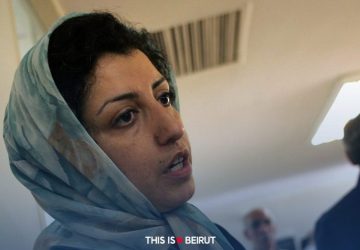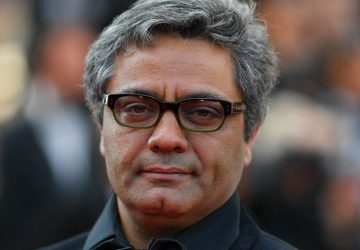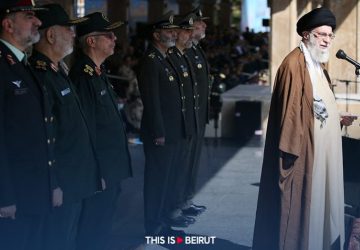IAEA Chief to visit Iran on Monday, to meet officials for talks on Tehran’s nuclear programme, as tensions flare between the agency and Iran.
UN atomic watchdog chief Rafael Grossi is set to arrive in Iran on Monday, where he is expected to speak at a conference and meet officials for talks on Tehran’s nuclear programme.
The visit comes at a time of heightened regional tensions and with the International Atomic Energy Agency (IAEA) criticising Iran for lack of cooperation on inspections.
Grossi is expected to deliver a speech at Iran’s first International Conference on Nuclear Science and Technology.
The three-day event, which starts on Monday, is being held in Isfahan province, home to the Natanz uranium enrichment plant and where strikes attributed to Israel hit last month.
The IAEA and Iranian officials reported “no damage” to nuclear facilities after the reported attack on Isfahan.
During his visit, Grossi is expected to meet with Iranian officials including the Islamic republic’s nuclear chief Mohammad Eslami.
Iran in recent years has deactivated IAEA monitoring devices at nuclear facilities and barred inspectors, according to the UN agency.
‘Opportunity to share concerns’
Iran has suspended its compliance with caps on nuclear activities set by a landmark 2015 deal after the United States unilaterally withdrew from the agreement and reimposed sweeping sanctions in 2018.
Tensions between Iran and the IAEA have suffered since the deal fell apart, while EU efforts have failed both to bring Washington back on board and to get Tehran to again comply with the accord.
Last year, Iran slowed down the pace of its uranium enrichment, which was seen as a goodwill gesture while informal talks began with the United States.
But the Vienna-based UN nuclear agency said Iran accelerated the production of 60-percent enriched uranium in late 2023.
Enrichment levels of around 90 percent are required for military use.
Tehran has consistently denied any ambition to develop nuclear weapons, insisting that its atomic activities were entirely peaceful.
In February, the IAEA said in a confidential report seen by AFP that Iran’s estimated stockpile of enriched uranium had reached 27 times the limit set out in the 2015 accord.
Iran in September withdrew the accreditation of several inspectors, a move described at the time by the UN agency as “extreme and unjustified”.
Tehran, however, said its decision was a consequence of “political abuses” by the United States, France, Germany and Britain.
Eslami said the IAEA has “more than 130 inspectors” working in Iran, insisting Tehran remains committed to cooperating with the nuclear watchdog.
With AFP





